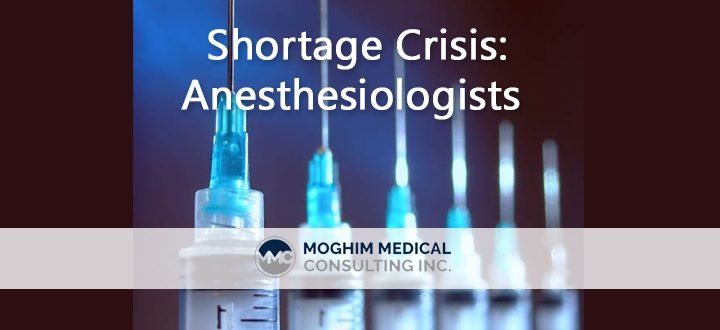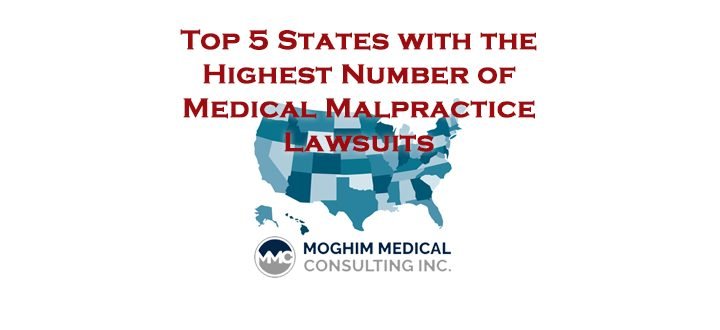
Defensive Medicine: The High Price of Malpractice Claims
A 2010 study performed by the Harvard School of Public Health estimated that the total cost of medical malpractice claims in the U.S. was $55.6 billion, of which $45.6 billion was spent on defensive medicine. The fact that almost 2.4 percent of the nation’s entire health care expenditure is spent on redundant, often ineffective treatments and tests is not surprising to most of the medical community which has decried the scourge of spurious malpractice claims for decades. What is Defensive Medicine? Defensive medicine has long been a fixture in the practice of medicine. In some cases, it involves performing services that are unnecessary, and, in others, prevents providers from performing potential beneficial procedures that also risk exposure to litigation. Let’s say a healthy 18 year old male is diagnosed with…









